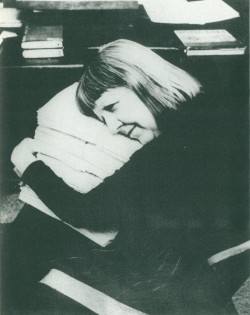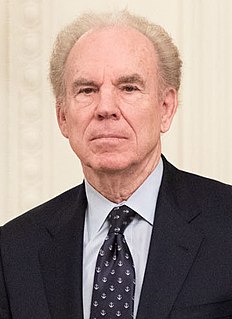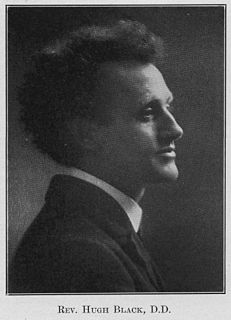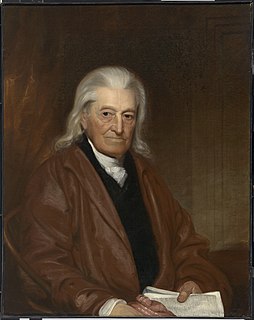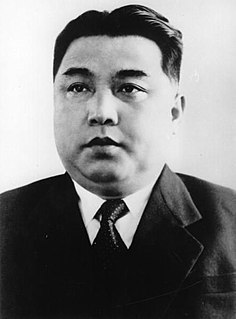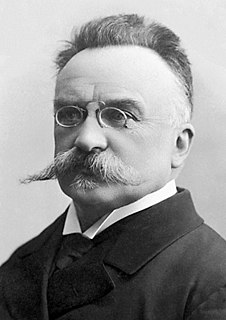A Quote by Wyndham Lewis
Happiness is the chief material also in the construction of Utopias.
Quote Topics
Related Quotes
There are two generic and invariable features that characterize utopias. One is the content: the authors of utopias paint what they consider to be ideal societies; translating this into the language of mathematics, we might say that utopias bear a + sign. The other feature, organically growing out of the content, is to be found in the form: a utopia is always static; it is always descriptive and has no, of almost no, plot dynamics.
Material objects give rise to physical happiness, while spiritual development gives rise to mental happiness. Since we experience both physical and mental happiness, we need both material and spiritual development. This is why, for our own good and that of society we need to balance material progress with inner development.
If happiness is a state of the inward life, we have to look for its chief obstructions not in outward conditions but in deeper places. Happiness depends in the last issue, as we saw, on the essential view of life. It is not a matter of distractions, nor even of mere pleasurable sensations. There may be an appearance of great prosperity with incurable sadness hidden at the heart, as there is an outward peace which is only a well-masked despair. The way to happiness is indeed harder than the way to success; for its chief enemies entrench themselves within the soul.
In a nutshell, the idea of Juche means that the masters of the revolution and the work of construction are the masses of the people and that they are also the motive force of the revolution and the work of construction. In other words, one is responsible for one's own destiny and one has also the capacity for hewing out one's own destiny.
It is true that I am not one of those who laugh at utopias. The utopia of today can become the reality of tomorrow. Utopias are conceived by optimistic logic which regards constant social and political progress as the ultimate goal of human endeavor; pessimism would plunge a hopeless mankind into a fresh cataclysm.
At the age of eleven, I began Euclid, with my brother as my tutor. This was one of the great events of my life, as dazzling as first love. I had not imagined there was anything so delicious in the world. From that moment until I was thirty-eight, mathematics was my chief interest and my chief source of happiness.
The construction of femininity is a construction, yes, but also it can be twisted and turned around in such a way that doesn't necessarily mean it is pointing to the female body or male body in such a binary fashion. The culture is already there and has always been, but not as equal citizens. I think there is more progress to come.
Where can we find greater structural clarity than in the wooden buildings of the old. Where else can we find such unity of material, construction and form? Here the wisdom of whole generations is stored. What feelings for material and what power of expression there is in these buildings! What warmth and beauty they have! They seem to be echoes of old songs.



